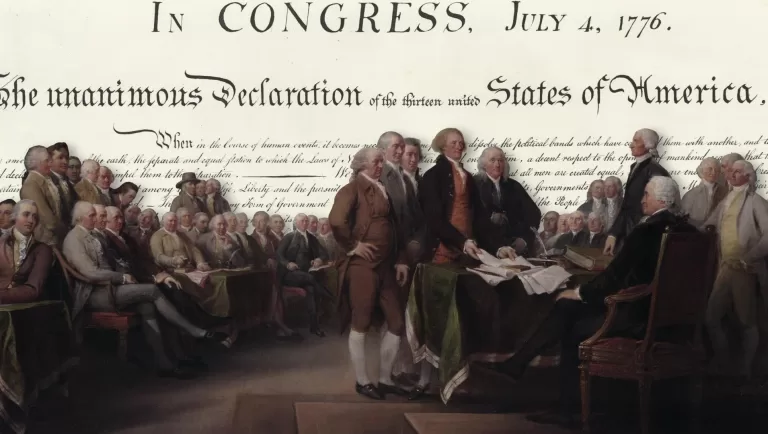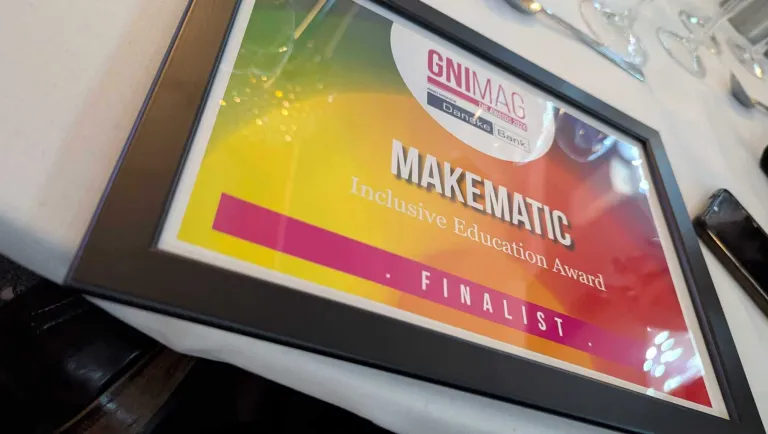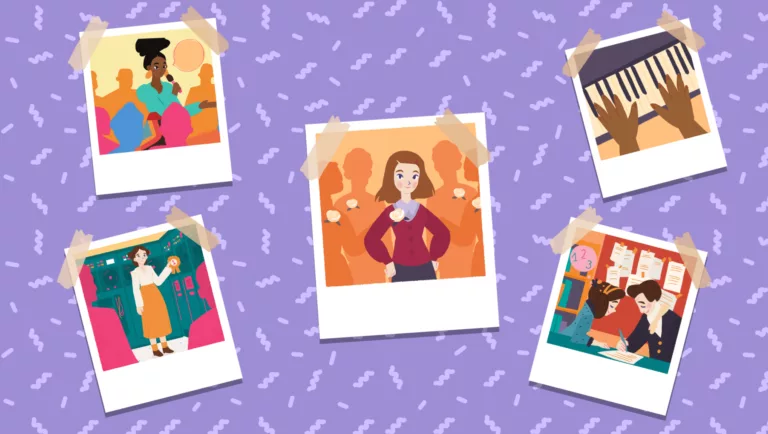
21st Century Skills in Action: Critical Thinking
In the third of a short series of posts we asked Mark Nagurski, about critical thinking in his role as CEO at MakeMatic. Keep an eye out the final contribution in this series, where we'll tackle creativity.
-----------The one thing you can always count on is change.
While that’s true in most organisations, at a startup company change is a daily thing.
And it's probably the first thing you learn to accept (kind of) as a company founder. More than anything your days are spent dealing with change and managing a constant stream of new information, opportunities and challenges.
Although I’ve never thought about putting a name to it, assessing, planning, strategising and problem solving is a pretty good definition of critical thinking.
Here are a few strategies that I find helpful.
CREATE FILTERS
My inbox fills up pretty quickly and each “non-spammy” email is a problem waiting to be solved or an opportunity to address. You also get a lot of advice as a young company; some of it good, some of it not so much.
A lot of my time is spent figuring out what’s important for us to focus on. You could call it a filter. I try to assess everything quickly through that filter and file it into a mental box - things to tackle now, things that can wait, things to say 'no' to and so on ...
EXPECT FAILS
If I added it all up (and I haven’t, yet) but I’d guess that we’ve probably had at least as many fails as wins.
People talk about being open to failure in the context of creativity, and that’s certainly true. But from the perspective of critical thinking, you kind of have to accept that you will always have imperfect information to work with.
For me, having imperfect information means running lots of little experiments - poking at things until you find the way forward, rather than waiting for the perfect solution to present itself. In other words, you make the best decision you can based on the information you have, but expect to have to change course as better information comes to light.
The alternative is to do nothing.MENTAL DOODLING
I’m pretty good in meetings, because I’ve probably visualised the conversation twenty times before I have it. This isn't necessarily about being prepared, I just use it as a way of mapping out my thoughts.
I also doodle. A lot. And have maybe half a dozen notebooks on the go at any time. I find it a really useful way to see how things link together.
Nothing happens in isolation. As you make a decision about one thing it’ll have an impact on another thing and so on. I think of it like a logic problem ... if A then B, unless C ... Doodling helps me visualise this.
GO META
Of course, everyone uses critical thinking skills to make decisions every day. However, I'd imagine that most people probably don't take a very deliberate approach to it.For me at least, spending a little time thinking about how I reach decisions, assess new information and strategise for our business is really helpful.Thinking critically about critical thinking sounds very meta, but it helps.Let's Work together


Makematic Finalists in Inclusive Education Award

